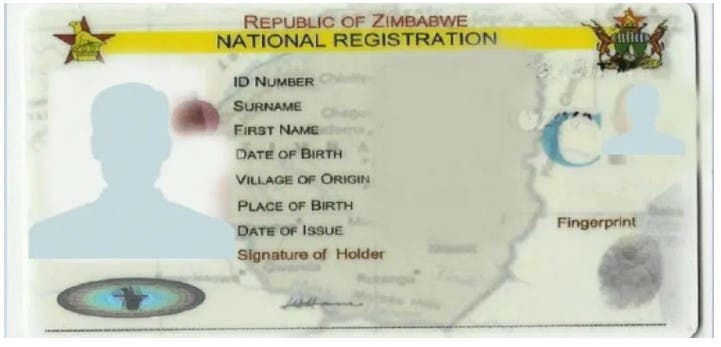The San community has welcomed the move by the government to issue identity documents following a directive that a waiver is placed on documentation requirements.
The Registrar -General’s office started issuing out the documentation on Monday.
Children born to the San, found in both Tsholotsho and Bulilima, have been struggling to obtain birth certificates, making life difficult for them due to their ‘statelessness.’
In an interview with CITE Tsoro-o-otso San Development Trust Director, Davy Ndlovu said this was a welcome move as they had extensively lobbied the government for recognition.
“When we talk about recognition for the San, we don’t really mean projects but an acknowledgement that in Zimbabwe, there are people called the San. You will recall some negative things that have been said about them – that the San are primitive, they like meat more than anything and must change since they are resisting change,” he said.
Ndlovu indicated it was encouraging to see that results of their lobby work were paying off.
“We have, of late, seen government ministers coming down to the communities, talking to people pledging support here and there. This is a positive sign for the San community looking at social exclusion. This time, from the ministers’ visits we have seen integration will be done and this is a positive sign that makes elderly members of the San happy,” said the activist,
“I recall we had a visit from the home affairs minister, Kazembe Kazembe, who came down to visit the San some time ago and the discussion centred around birth registration documents for the San.”
Ndlovu noted that the home affairs minister promised to provide mobile registration for the exercise and have the process simplified.
“During mobile registration, there will be relaxation of some processes to encourage people to go and acquire documents. Usually when collecting birth certificates, applicants need witnesses and evidence of who they say they are and sometimes most people don’t have that evidence,” he said.
“Some elderly members don’t even have IDs themselves, as their parents died a long time ago. While those who could give also provide that evidence have also died.”
Ndlovu lamented that lack of identification documents was a setback and narrated the troubles they went through when one elderly San member died.
“In 2014 one of our speakers, Moffat Banini Ncube, passed away in Tsholotsho. He had no document whatsoever and for us to apply for a burial order, as he died in a hospital was cumbersome. The process was lengthy as he had zero documentation that identified him as a Zimbabwean, which was questioned by officials that ‘you want him to be buried here,’” he said.
That experience, Ndlovu said, led to their drive to have the San documented.
“His death led us to talk about birth registration and that’s where the issue of the San being stateless emanated from. We really pushed for the deceased to have necessary documentation that allowed him to be buried in his rural areas,” he noted.
“So this time, we are hopeful the registration exercise will go well. Sometimes, the San will encounter challenges, drag their feet but with mobile registration, there would be no excuse. The mobile registration will go to where they are to make sure no one is left behind.”
Ndlovu also said the Tsoro-o-otso San Development Trust would ramp up awareness exercises teaching people about the importance of registering.
“We will mobilise, make the San aware that they need birth certificates and if they don’t, there won’t be any excuses. We are busy so we have to utilise this opportunity as we don’t know when another chance like this will come. The community is very happy and hopes the government will continue assisting them,” he summed.

